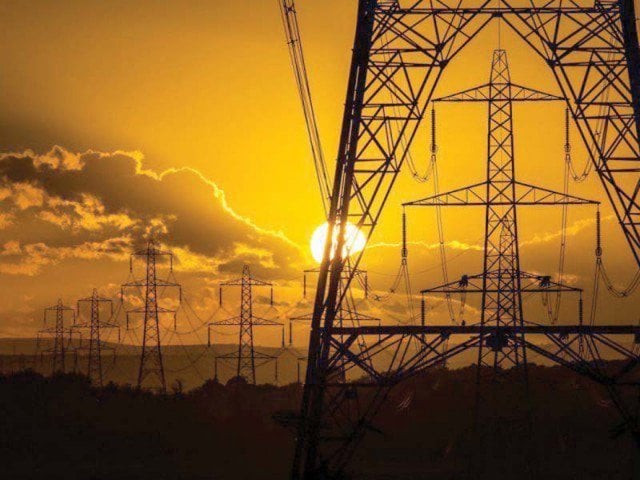NEPRA suggests cap on EV charging tariff
Stakeholders propose power subsidy to attract investors to set up charging stations

The National Electric Power Regulatory Authority (Nepra) has proposed a cap on the tariff for electric vehicle charging stations at Rs45 per unit along with two other options for the prospective and current investors in the power station business.
At a public hearing on tariffs for electric vehicle charging stations at the Nepra headquarters, the stakeholders proposed a subsidy on electricity prices to attract investors to engage in the business. They also requested the regulator to leave the tariff uncapped so that market forces could determine the rates.
The hearing was attended by representatives of the Ministry of Industries, oil marketing companies, electric vehicle charging stations, distribution companies and prospective investors.
Presiding over the hearing, Nepra Chairman Tauseef H Farooqi said that it was the initial hearing and the regulator wanted to receive the input of interveners and hold a follow-up session soon.
In a presentation, an official of Nepra informed the participants that separate proceedings would be carried out for the standards of electric vehicle charging stations and the relationship of charging stations with the distribution companies.
The hearing deliberated on the tariff to be paid by electric cars to the charging stations.
The participants were asked about the maximum amount that would be charged by the electric vehicle charging stations from the electric vehicle owners.
In this regard, three pricing options were presented.
The first option was that the private sector would fix customer charges/ tariff with no price caps. The second option was to impose a ceiling on the private sector so that firms could compete to reduce the tariff below the ceiling.
The third option was to determine customer charges/tariff for all private electric vehicle charging stations.
According to Nepra’s calculations, fossil fuel vehicles give a mileage of 8-16 km per litre while the mileage of electric vehicles was 100 miles per 30 kWh.
Electric vehicles would break even at Rs47.7 per kWh, therefore, Nepra proposed capping the tariff at Rs45 per unit, the Nepra official said.
However, a majority of the interveners was not in favour of capping the tariff and urged Nepra to stay out of the matter while letting market forces decide the tariff.
Besides, they also demanded that the government provide subsidy to the electric vehicle charging stations.
They argued that per unit cost of commercial electricity stood at Rs30 per unit after accounting for all the taxes, therefore, it was unfeasible for the investors to sell it at Rs45 per unit.
Nepra chairman said that the circular debt had ballooned to Rs2.4 trillion because of the subsidies. He said that Nepra could not provide the subsidy as it was in government’s hand.
Farooqi said that by capping the tariff, the regulator was trying to protect the consumers.
An official of the Engineering Development Board said that prices should be kept low at the beginning to attract consumers to electric vehicles.
“People will shift to electric vehicles if there is a huge difference between the fuel and electricity charging price,” he added.
Nepra chairman asked all the interveners to send their proposals in writing within seven days so that a follow-up session could be held on the subject.
Published in The Express Tribune, September 9th, 2021.
Like Business on Facebook, follow @TribuneBiz on Twitter to stay informed and join in the conversation.



















COMMENTS
Comments are moderated and generally will be posted if they are on-topic and not abusive.
For more information, please see our Comments FAQ